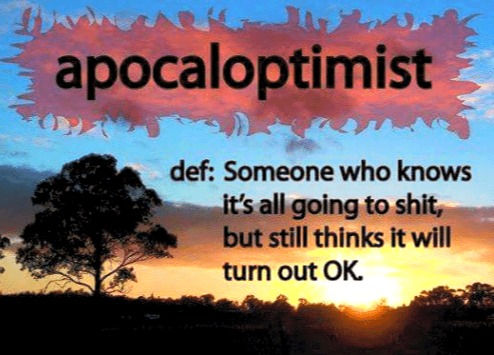Handling Wildlifers
- Rockosopher

- Apr 24, 2022
- 2 min read
Updated: Jul 27, 2025

There are perks to being a field biologist, perks to paying attention. Like seeing a nesting pair of long-billed curlews! Of course, it helps when you are not bustling between sites and can actually capture their regal presentation. The photo I was able to snap the next day looks less like a bird and more like I'm trying to record some kind of cryptozoonotic siting. But I made this picture of a curlew to use as a stand in, so ya'll could see what I mean by "regal".
Another perk is an extreme distance vision provided by those loving supports that handle the emotional whip-lash of field biology work. Extreme distance in this case is basically love (and its many derivatives) that elongates human sight. We win our ability to extend our experiences to others from the many flavors of love. Whether Voltairian end-of-life practices or simply our unique decision making power defining what is humane from what is natural. When it comes to the breed of conservation professionals specializing in wildlife populations (i.e., wildlifers), success as a person in the modern world is less about "playing the cards you are dealt" than it is about "playing your cards to your handlers". Wildlifers see that people belong to land through a lens of a different color. Certainly not rose-tinted, more a soft green. We sat for years in basement labs, quizzing one another on adaptive management and island biogeography. to graduate with wide-open employment problems braided into some kind of insanely virile certainty that every little good thing matters in the greater ecosystem. One opulent friend shared the ideal term for what we are: Apocaloptimists.

Wildlifers don't really need managers, we can get everything done according to the scientific method, knee-deep in constant schedule changes driven by shifting project needs. Our handlers keep us in-touch with the rest of the world while we try to play the societal game a few cards short of a complete deck of social cues. Like struggling to make small talk about stuff that happened while we were gone, handlers make the game worth playing. The problems that concern biologists are not the same stressors that many people consider when making decisions about life, love, and what's considered lucrative. Biologists portion out their cards keeping up with rules that folks don't often think about. Maybe that means holding on to a hand that keeps you centered during months of cultural isolation, or maybe you Go Fishing for a queen and life deals you an ace and you realize, even if you don't really understand all the rules of whatever new game you're playing, you love what's happening. We play different games but we all cope as best we can with the tools in our belt, wildlifers included. It's our network of handlers that helps entwine us together and, field job or not, we can handle everything from wildlife conservation to staying in-touch.

With love & nothing else,
Rockosopher



Comments